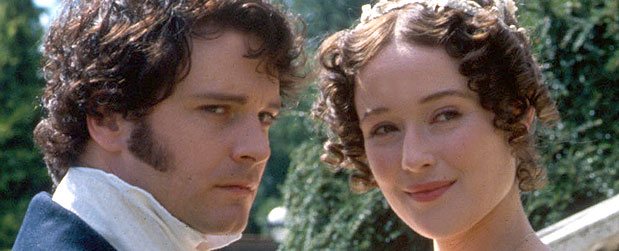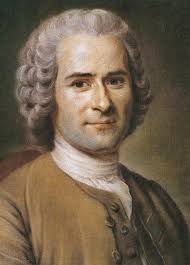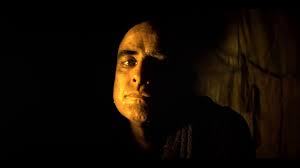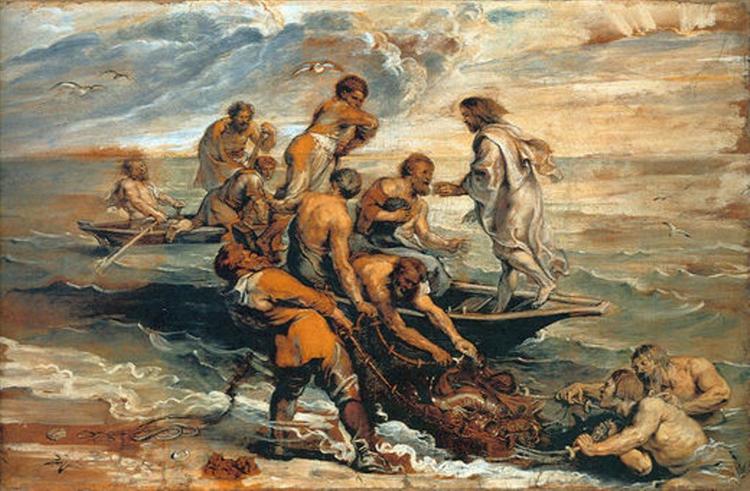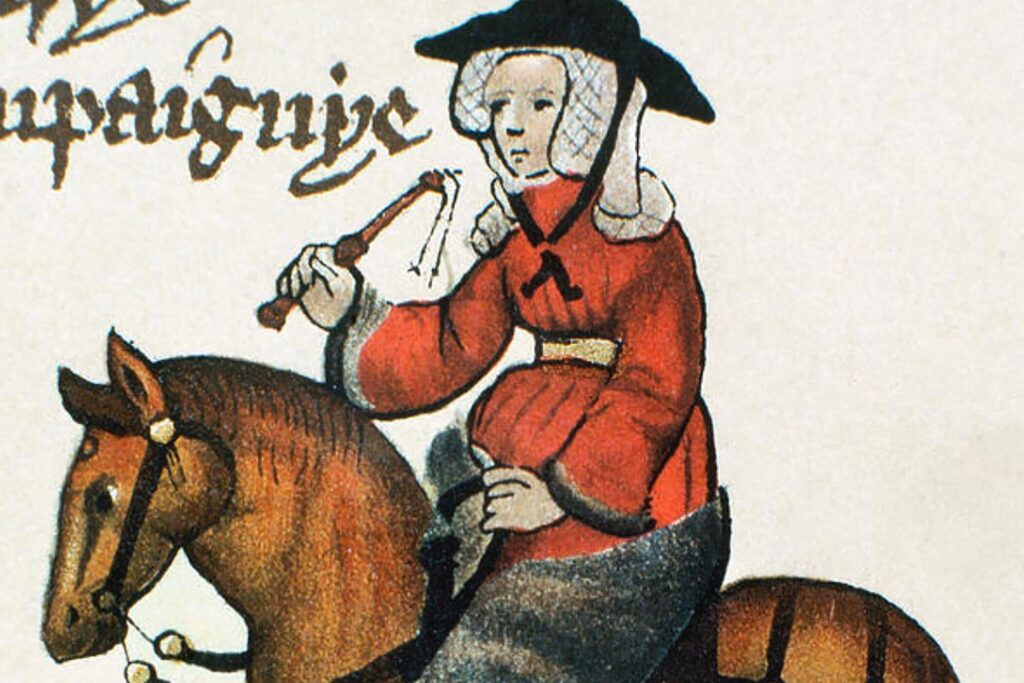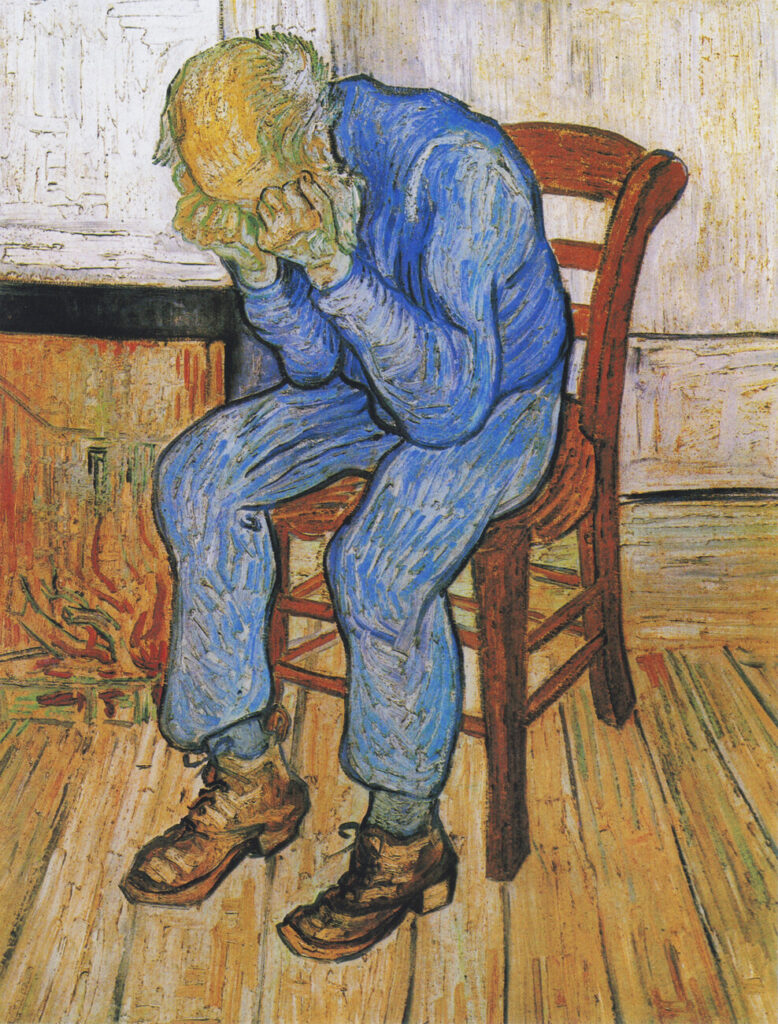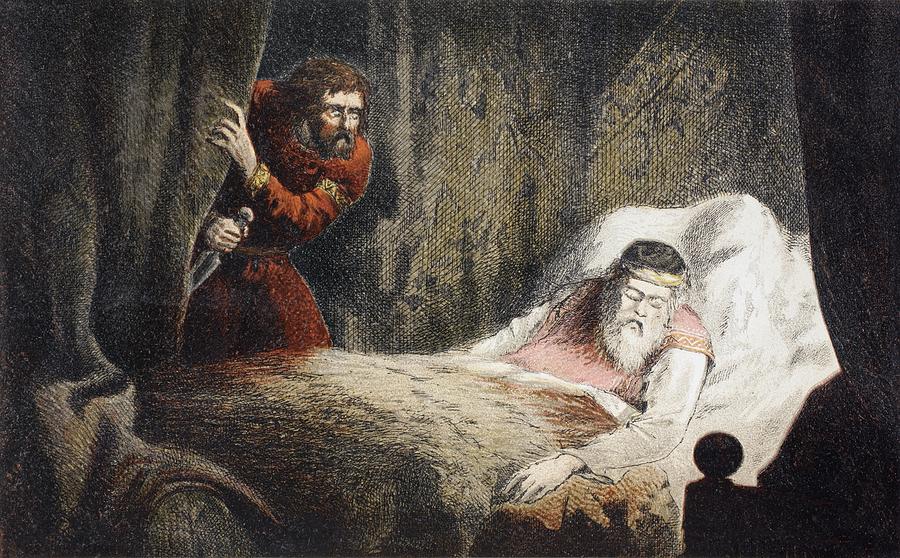Note: If you wish to receive, via e-mail, (1) my weekly newsletter or (2) daily copies of these posts, write to me at rrbates1951@gmail.com. Comments may also be sent to this address. I promise not to share your e-mail with anyone. To unsubscribe, write here as well.
Friday – Valentine’s Day
I find it fascinating that the author of England’s most beloved courtship novels never shows us directly the moment her works have been building up to, which is the heroine saying “yes” or “I do” to a proposal. We occasionally see heroines saying “no,” most notably Elizabeth to Darcy’s first proposal. But never the opposite.
We have to wonder whether Jane Austen is teasing us, taking us up to the pinnacle moment and then dropping us. Maybe she feels the moment is too private to be revealed. Or maybe she believes that her heroine’s heart is so full that language can’t do it justice. Perhaps her silence on the subject only makes the moment more intense as we are forced to imagine it.
One last theory given there’s comedy in a number of the non-revealed answers: by using humor to deflect from deep emotion, Austen may feel safe from too much sentimentality. Stiff upper British lip and all that.
I provide all the implied yeses below, ordering the relationships by romantic intensity. I begin with the relationship we most desire and are happiest with when it occurs:
Elizabeth-Darcy in Pride and Prejudice
Anne Elliot-Wentworth in Persuasion
Elinor Dashwood-Edward Ferrars in Sense and Sensibility
Emma Woodhouse-Mr. Knightley in Emma
Catherine Morland-Mr. Tilney in Northanger Abbey
Fanny Price-Edmund Bertram in Mansfield Park
Marianne Dashwood-Colonel Brandon in Sense and Sensibility
Now for the indirect report of the heroines’ responses:
Elizabeth to Darcy’s proposal:
Elizabeth, feeling all the more than common awkwardness and anxiety of his situation, now forced herself to speak; and immediately, though not very fluently, gave him to understand that her sentiments had undergone so material a change since the period to which he alluded, as to make her receive with gratitude and pleasure his present assurances.
Anne to Wentworth’s:
In half a minute Charles was at the bottom of Union Street again, and the other two proceeding together: and soon words enough had passed between them to decide their direction towards the comparatively quiet and retired gravel walk, where the power of conversation would make the present hour a blessing indeed, and prepare it for all the immortality which the happiest recollections of their own future lives could bestow. There they exchanged again those feelings and those promises which had once before seemed to secure everything, but which had been followed by so many, many years of division and estrangement.
Elinor to Edward’s:
How soon he had walked himself into the proper resolution, however, how soon an opportunity of exercising it occurred, in what manner he expressed himself, and how he was received, need not be particularly told [my bold]. This only need be said;—that when they all sat down to table at four o’clock, about three hours after his arrival, he had secured his lady, engaged her mother’s consent, and was not only in the rapturous profession of the lover, but, in the reality of reason and truth, one of the happiest of men.
Emma to Mr. Knightley’s (Jane Austen at her best):
She spoke then, on being so entreated.—What did she say?—Just what she ought, of course. A lady always does.—She said enough to shew there need not be despair—and to invite him to say more himself.
Catherine Morland to Henry Tilney
…but his first purpose was to explain himself, and before they reached Mr. Allen’s grounds he had done it so well that Catherine did not think it could ever be repeated too often. She was assured of his affection; and that heart in return was solicited, which, perhaps, they pretty equally knew was already entirely his own; for, though Henry was now sincerely attached to her, though he felt and delighted in all the excellencies of her character and truly loved her society, I must confess that his affection originated in nothing better than gratitude, or, in other words, that a persuasion of her partiality for him had been the only cause of giving her a serious thought. It is a new circumstance in romance, I acknowledge, and dreadfully derogatory of an heroine’s dignity; but if it be as new in common life, the credit of a wild imagination will at least be all my own.
Fanny Price-Edmund Bertram
I purposely abstain from dates on this occasion, that everyone may be at liberty to fix their own, aware that the cure of unconquerable passions, and the transfer of unchanging attachments, must vary much as to time in different people. I only entreat everybody to believe that exactly at the time when it was quite natural that it should be so, and not a week earlier, Edmund did cease to care about Miss Crawford, and became as anxious to marry Fanny as Fanny herself could desire.
Marianne Dashwood-Colonel Brandon
With such a confederacy against her—with a knowledge so intimate of his goodness—with a conviction of his fond attachment to herself, which at last, though long after it was observable to everybody else—burst on her—what could she do?
The best Jane Austen movies are aware of her strategy and come up with their own indirect articulations. My favorite is the 1995 Persuasion, where we see neither proposal nor response. Instead, we see Anne and Wentworth leave center stage and go down a side street, where the business is done. Rather than follow them, the camera stays in place and watches a street carnival passing through. The carnival music swells and then subsides, at which point the couple returns to view, leaving us to believe that the music has captured first their own intense joy and then quiet contentment.
The runner-up award goes to Ang Lee’s Sense and Sensibility: there we see young sister Margaret in her treehouse spying on Elinor and Edward and reporting on proposal and acceptance to Marianne and Mrs. Dashwood.
What to take away from all of this? Well, if you’re having trouble expressing your Valentine’s Day love to your sweetheart, knoq that one of Britain’s greatest prose writers sometimes avoided direct expression herself.
